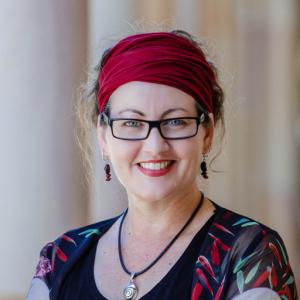Underpinned by a pedagogy that prioritises active, peer learning opportunities, this assessment requires students to facilitate in-class activities during weekly workshops and is designed to encourage a collegiate class culture and foster interaction between peers as well as students and teachers. Each week different students are assigned one of several roles related to the organisation and/or facilitation of a number of practical class activities. This assessment is ideally worth only a small portion of the overall course grade (e.g. 5%) and is designed to measure and encourage student participation and engagement. For this reason, it is well suited to first year courses where students are becoming familiar with tertiary level interactive learning. This technique has been successfully implemented in the discipline of Community Development (CD), where it serves the dual purpose of measuring and encouraging student engagement, and providing authentic assessment by mirroring basic activities and tasks required as a CD practitioner. As these tasks are low weighted and practical, less emphasis should be placed on theoretical rigor or strict assessment rubrics, but rather, the experiential process of engaging in facilitation. This technique is predominantly oriented towards an assessment for learning, rather than assessment of learning.



